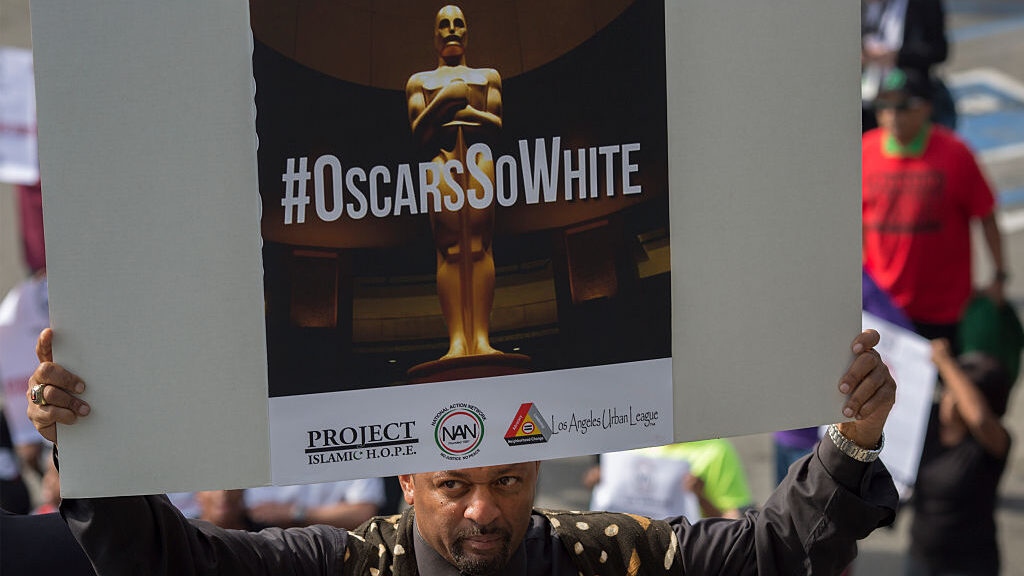Racial Inequality in Hollywood Costs Industry $10 Billion Per Year, Study Finds

David McNew/Getty Images
Racial inequality in Hollywood is costing the entertainment industry billions every year, according to a study released Thursday by consulting firm McKinsey and Company.
“By addressing persistent racial inequities, the industry could reap an additional $10 billion in annual revenues,” the study said. That’s “about 7 percent more than the assessed baseline of $148 billion.”
That $148 billion figure was based on “industry revenues,” including U.S.-produced global theatrical box office, streaming services, cable, and broadcast, but not sports or unscripted programming.
“Fewer Black-led stories get told, and when they are, these projects have been consistently underfunded and undervalued, despite often earning higher relative returns than other properties,” the study said.
For the study, researchers looked to data provided by studies on diversity in the entertainment industry from the University of California, Los Angeles, Nielsen, and the University of Southern California, as well as data from industry publication Variety. Researchers also spoked to more than 50 people working in the industry, including studio executives, producers, writers, actors, directors, agents. McKinsey also collaborated with the BlackLight Collective, a coalition of Black leaders, artists, and executives who work in the entertainment industry.
The study noted that in 2019, top films with Black leads were distributed in 30% fewer international markets on average, but earned more on a per-market basis than films with a wider international distribution. The study found that while there is a “widespread misperception in the industry that content starring Black actors will not perform well with international audiences,” Black-led films earned nearly the same global box-office sales as films with white leads.
The study found that films with two or more Black professionals in off-screen positions, such as writer, producer, or director, receive more than 40% less in funding than other films, and the production budgets for films with a Black lead or co-lead are generally 25% less than the budget for films with no Black leading actors.
“Black professionals cite white decision makers’ failure to relate to Black content as a key obstacle to financing,” the study said. “‘When executives feel like they can’t personally relate to your content, they don’t bid,’” one executive told researchers.
The study also discussed the “Black tax” that many Black actors and professionals face, such as having to cover the costs for lighting, hair, and makeup in a system that treats white talent as the norm. “Whether it is having to fight (or pay out of pocket) for what others typically don’t have to or it is needing to advocate on their own for greater racial equity, an unfair burden falls almost entirely on Black talent or creatives,” the study concluded.
The study acknowledged that “a certain amount of progress has been made with on-screen talent in recent years,” and that entertainment companies themselves are starting to expand diversity efforts, “our new analysis shows that inequity persists and is deeply entrenched across the film and TV ecosystem.”





Comments
↓ Scroll down for comments ↓